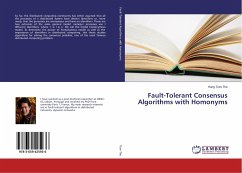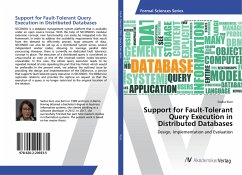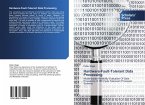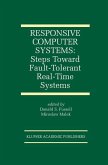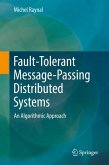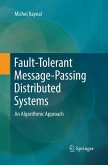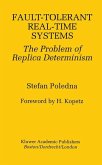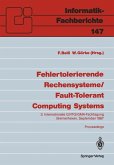So far, the distributed computing community has either assumed that all the processes of a distributed system have distinct identifiers or, more rarely, that the processes are anonymous and have no identifiers. These are two extremes of the same general model: namely,n processes use l different identifiers, where 1 l n. We call this model homonymous model. To determine the power of homonymous model as well as the importance of identifiers in distributed computing, this thesis studies algorithms for solving the consensus problem, one of the most famous distributed computing problem.
Bitte wählen Sie Ihr Anliegen aus.
Rechnungen
Retourenschein anfordern
Bestellstatus
Storno

